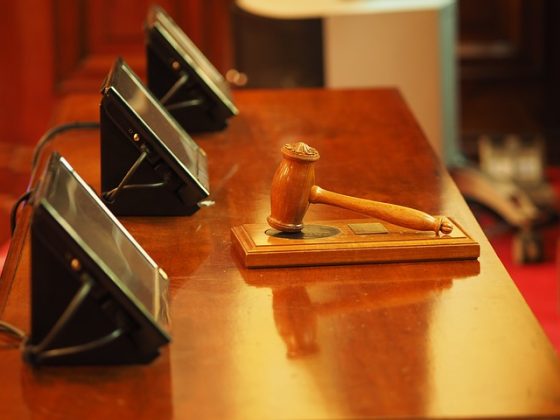Theme :-
- On March 20th 2018, Supreme court laid down safeguards against the misuse of SC/ST Act. As per the order, in atrocities cases, preliminary enquiry by DSP is mandatory before arresting the accused. Supreme Court came to this decision because many innocents are being framed in SC/ST atrocities cases and are arrested immediately without any enquiry.
- This Supreme Court’s order was followed by widespread protests by Dalit groups and a Bhrath Bandh on April 2nd.
What is SC/ST Act :-
- While India was under British rule, there were many crimes on Dalits. Untouchability was practiced. There was no protection for lower castes. Dr. B.R. Ambedkar was instrumental in abolishing untouchability. For the first time, untouchability was mentioned as a crime in the Indian constitution, which came into effect in 1950. Article 17 of our constitution specifies that untouchability is a punishable offence.
- As the punishments were not mentioned in particular, ‘Untouchability Offences Act‘ was implemented in 1955. But this wasn’t effective in punishing the culprits. It was reformed and renamed as ‘Protection of Civil Rights Act‘ in 1976. This too was found inadequate to deal with the offences.
- ‘Scheduled Caste and Scheduled Tribe (Prevention of Atrocities) Act, 1989’ was implemented to prevent atrocities on Scheduled castes and tribes. This act mentioned different punishments for different kind of offences.
- There are special provisions for SC/ST Act such as immediate arrests without bail, investigation by DSP ( CI or SI investigates all the cases in general ), providing monetary compensation to the victim etc.
Loopholes in the SC/ST Act :-
- Crimes on Dalits are increasing from the past several years, though there is a specific law to deal with it. This proves the ineffective implementation of SC/ST Act.
- In many cases, police are not registering FIR and are trying to settle the dispute in between the parties. This will encourage the culprits to repeat the crime.
- If the case is registered, accused persons are filing defamation cases against the victim to force them for the dispute settlement.
- Even if the victims passed that stage, cases are pending in courts for several years. This causes even more trauma to the victims.
- In several cases, crimes against lower castes are not registered under SC/ST Act stating that accused do not know the caste of the victim.
- Till the supreme court’s order on 20th March, 2018, many innocents were framed as criminals and were arrested without any enquiry under SC/ST Act.
Conclusion :-
As false cases are on the rise, Supreme court came up with the good decision to protect innocents from being arrested. At the same time, there is an urgent need to strengthen the SC/ST act’s implementation to protect lower castes from harassment.
It is a fact that crimes on dalits are on the rise. To protect and do justice to genuine victims government should issue strict guidelines to police that FIR must be registered for these crimes, and victims must be protected from the threats. There should be a time limit for solving the cases and punishing the culprits. If the implementation of SC/ST act was effective, widespread protests wouldn’t have taken place against Supreme court’s order.
Afterwords :- What are your thoughts on this topic? Express your opinions in the comment section below. Subscribe to our blog to read answers to latest GD topics.
Copyright @ Group Discussion Ideas.

